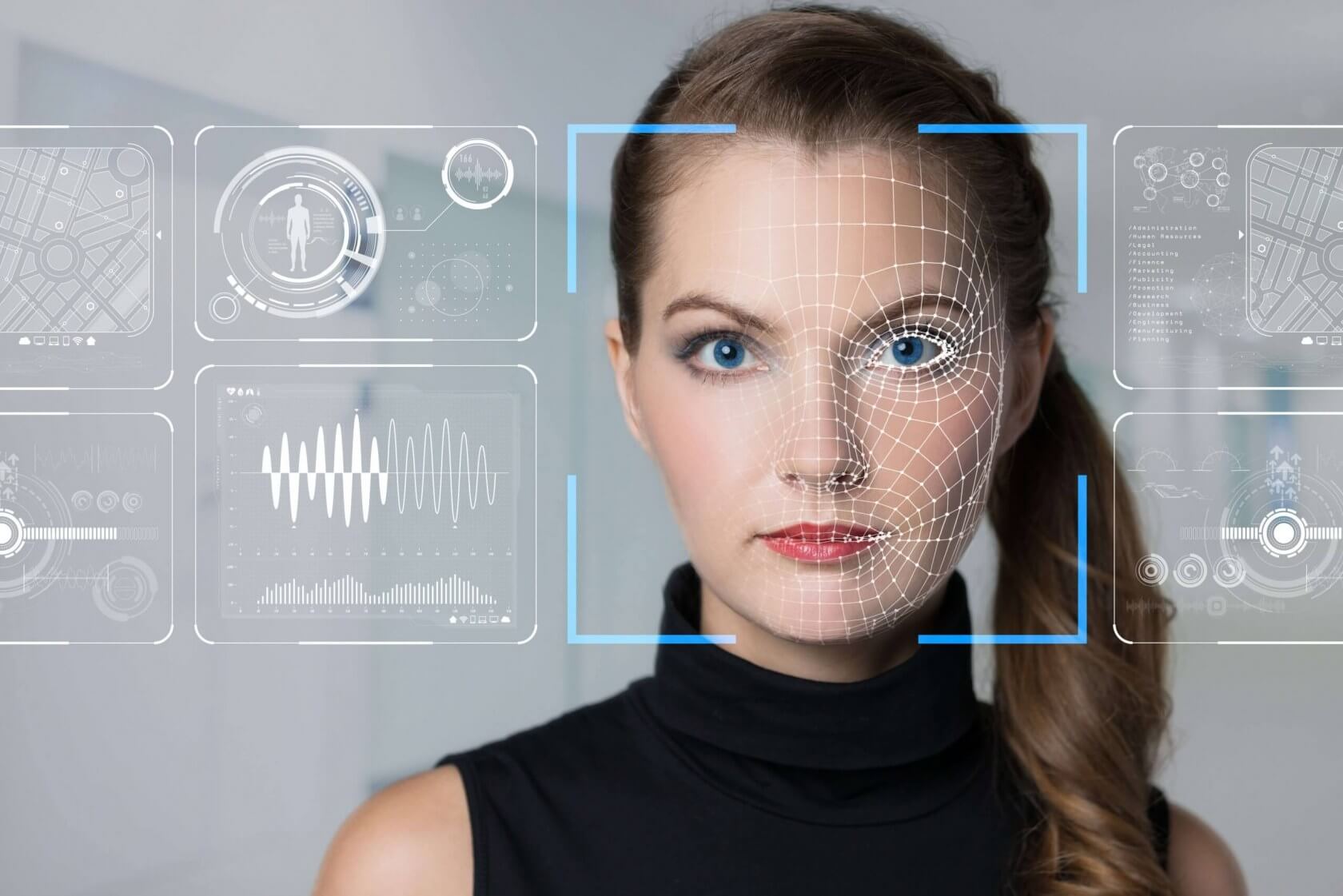In context: The EU is due to publish a paper in February exploring how to better regulate emerging technologies such as artificial intelligence. But a draft of the upcoming document has shown that another worrisome technology - facial recognition software - is also being scrutinized. The EU is even going so far as to propose a three to five-year ban on the technology to allow rules and regulations time to catch up.
Regulation for some of the worst aspects of the internet age has been notoriously slow to come about. People spent 20 years giving away personal data before governments and regulators started to take the issue seriously. That's not a mistake that the EU are wanting to repeat, as they are looking to ensure that issues around new and emerging technologies are given adequate consideration.
In a new draft of a European Commission whitepaper on artificial intelligence, mention is made of the inherent risks to privacy and human rights that 'biometric remote identification' (i.e. facial recognition) poses. And one current solution that the EU is exploring is, "a time-limited ban on the use of facial recognition by private or public actors in public spaces."
The leaked draft goes on to say that during a three to five-year ban "a sound methodology for assessing the impacts of this technology and possible risk management measures could be identified and developed."
The EU already has some of the strictest regulations in the world when it comes to personal data and its use by companies and governments, so the news that similarly strong standards are being looked at for biometric data will no doubt please privacy-minded citizens.
The paper does note that "it would be necessary to foresee some exceptions [to the ban], notably for activities in the context of research and development and for security purposes." So precisely how far the temporary ban would go is still unknown.
But given the nature of the technology, any constraints on its use are likely to be worth exploring. After all, one only needs to look at the Chinese government's use of facial recognition and 'social scoring' to see the kind of dystopian implementation that's possible.
We'll likely have to wait until the European Commission's paper is formalized in February to find out more.
